2022 Cohort Profiles
Rebbekah Alcazar
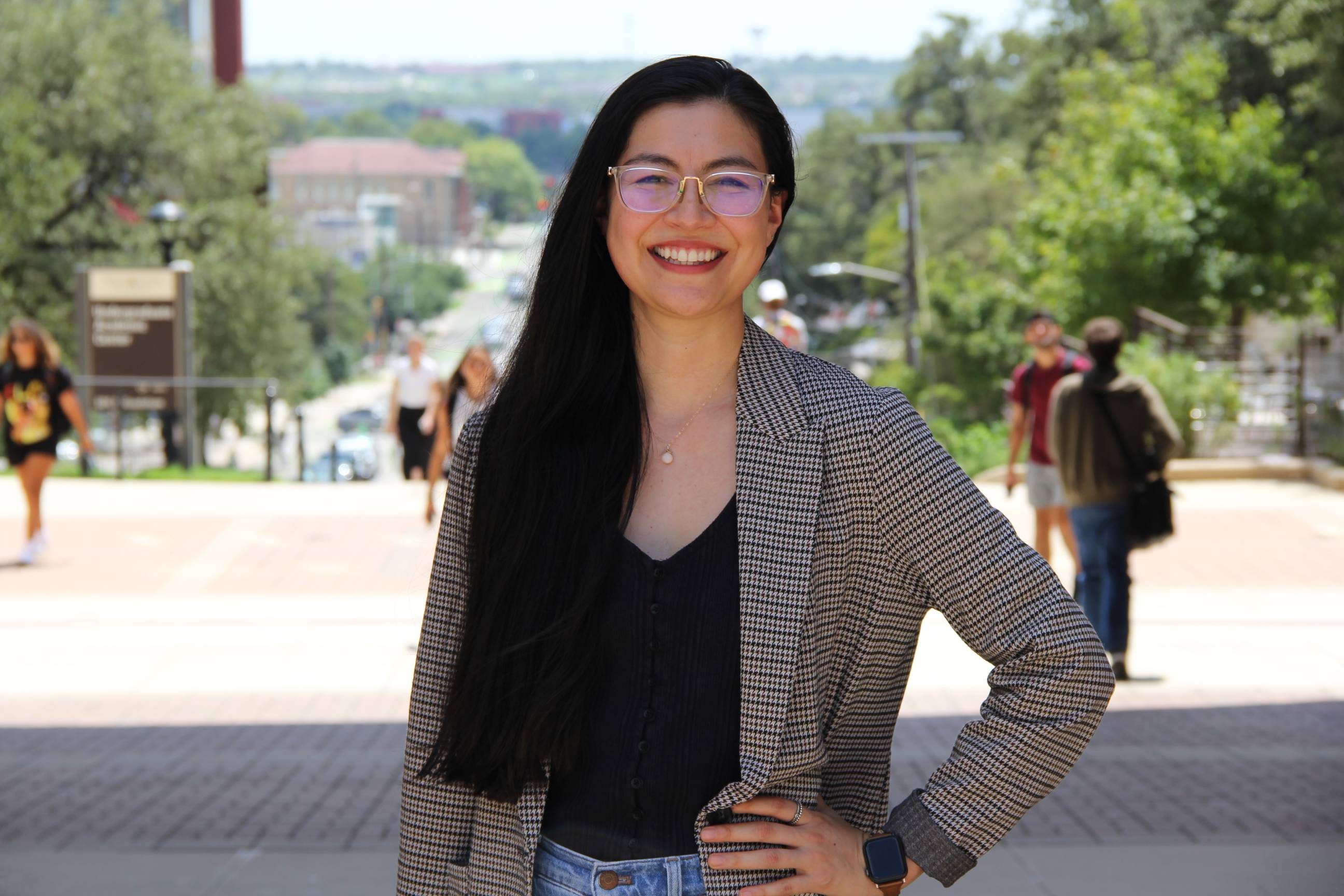
I selected Texas State University to examine the behavioral, cognitive, and emotional effects of social disconnection during the Perinatal Period. Before attending TSU, I accrued nine years of professional experience assisting and educating new mothers in an at-risk population. During my employment, it became evident that social services lacked resources to aid new mothers, as did the community as a whole. Though many aspects of the Perinatal Period are important, prioritizing mental health with supportive pregnant and parenting resources would not only impact mothers but would likely have a generational impact. In addition, while psychotropic medication is typically offered for depression and anxiety, for safety reasons, alternative interventions are needed to treat or prevent postpartum depression. My goal in the MAPR program is to gain research experience and explore human behavior around maternal health. Specifically, the relationship between a supportive community and how it impacts the quality of life.
In the future, I intend to earn a Ph.D. in psychology and investigate additional treatments and their effect on PTSD/Anxiety, such as Emotional Freedom Techniques (EFT), mindful movement, and social connection.
Mentor: Dr. Kelly Haskard Zolnierek
Dilan Arreguin
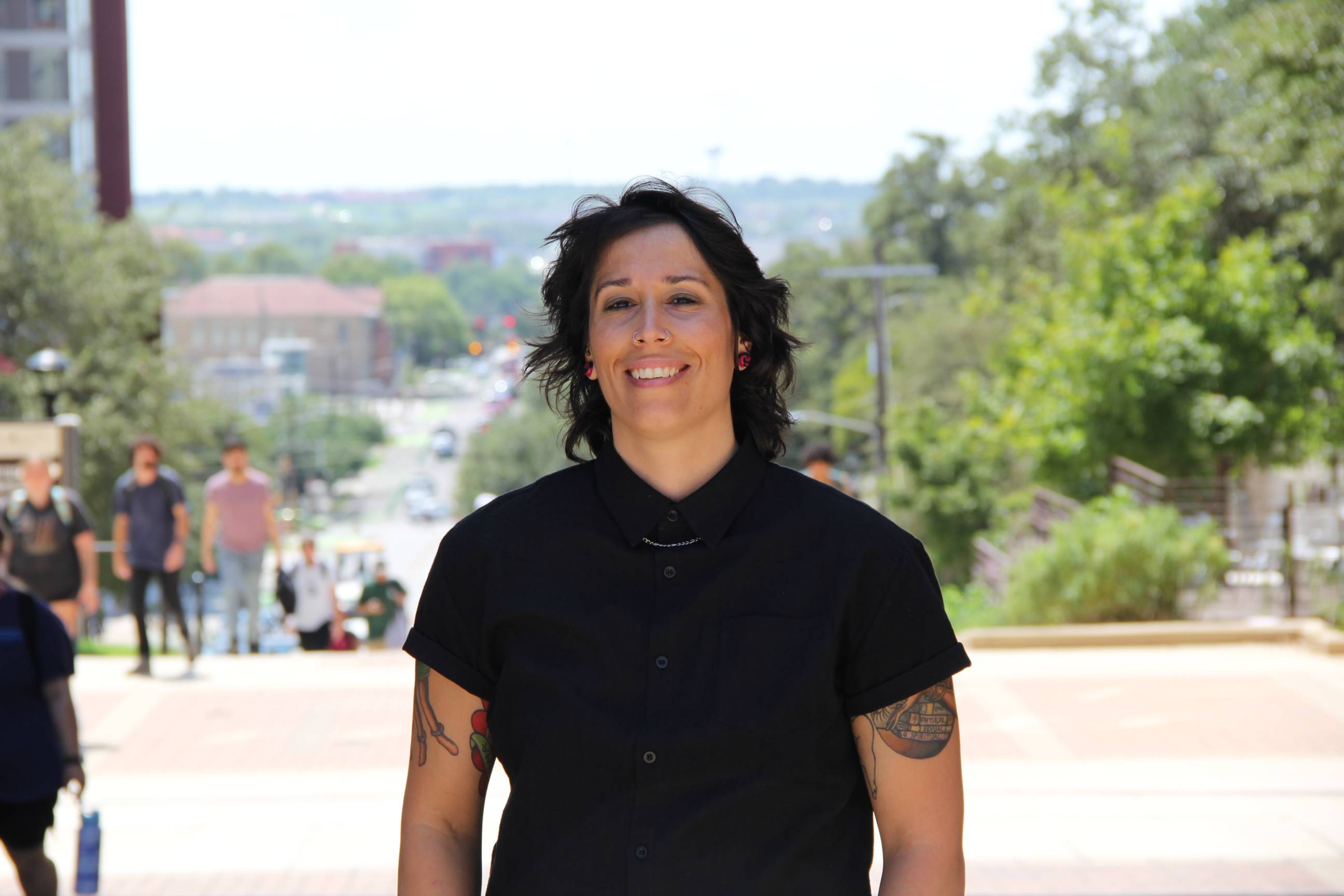
My primary research interests are multidisciplinary, concerning the intersection of psycholinguistics in cognitive psychology, interpersonal relationships in social psychology, and mental health in clinical psychology. Specifically, I am interested in researching the impacts of audism (i.e., bias towards D/deaf or hard-of-hearing individuals), linguisticism (i.e., pressure to engage in the language of the dominant culture, which is the hearing culture in this case), and language deprivation (i.e., the lack of exposure to a visual language during the language acquisition period of childhood due to audism and linguisticism) as they relate to social injustices, family trauma, education, and professional development in the D/deaf community. In addition, I want to explore the immediate cognitive, social, and physiological improvements upon sign language acquisition and expression in D/deaf individuals. My research traverses on the feelings of social isolation in hearing homes, the feelings of education deprivation while attending mainstream hearing schools, and the feelings of communication deprivation and information deprivation (i.e., a lack of communication and information shared by their hearing counterparts due to audism and linguisticism) reported by D/deaf individuals.
Mentor: Dr. Crystal Oberle
Karrie Barrett
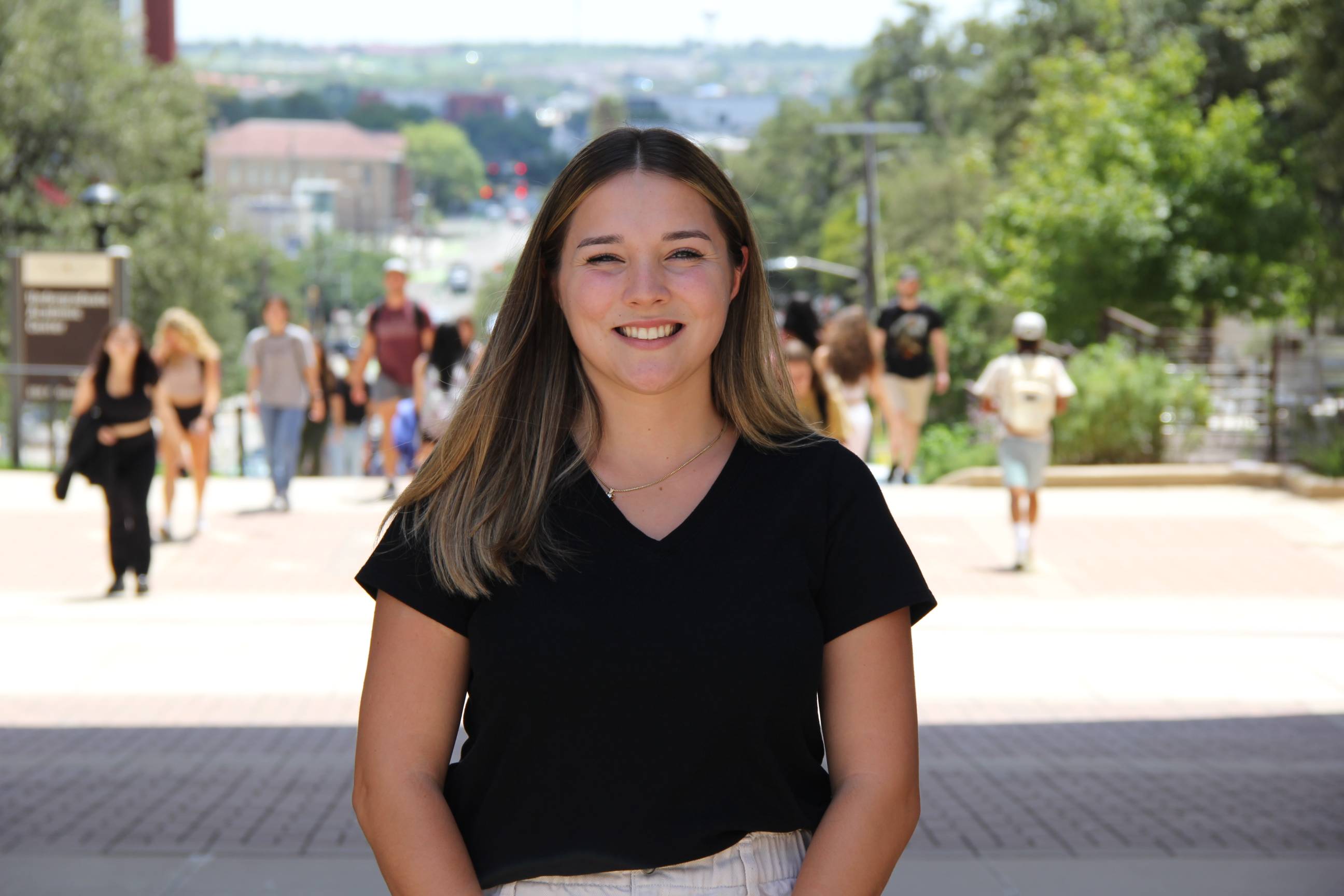
My general research interests fall within social psychology, abnormal psychology, and personality psychology. Within these fields I am broadly interested in interpersonal and group relationships and how our emotions or behavioral patterns impact how we view ourselves compared to how we are viewed by others. Another interest of mine is to understand how emotion and behavioral patterns can have a negative effect on a person’s life. Specifically for my thesis, I plan to research intimate partner violence within college students and their awareness and recognition of it. Research over intimate partner violence greatly focuses on physical and sexual forms of abuse, however one area I feel has been greatly marginalized is the aspect of psychological abuse faced within college students. Furthermore, an area that is underrepresented in research is the area of academic abuse as a form of psychological aggression. After completion of the MA program in Psychological Research at Texas State I plan on applying to a Ph.D. program in Psychology that closely aligns with my research interests within social, abnormal, and personality psychology. With this I want to continue my education in research and ultimately work in academia.
Mentor: Dr. Roque Mendez
Emma Bulut

My research interests are within social, developmental, and cultural psychology. In particular, I am highly interested in children and adolescents’ social development in various cultural contexts, as well as the differences in caregiver-child interactions across cultures. These topics greatly pique my interest because a long-term goal of mine as an emerging researcher in psychology is to examine the effects of diverse parenting behaviors on a child’s well-being from a social, emotional, and cultural perspective. Alongside my interest in parenting behaviors and child development, another research goal of mine is to analyze the social challenges immigrants living in the United States experience and how the process of acculturation can impact one’s psychological well-being and social relationships. I aim to add to the existing research within these areas in hopes of uncovering the social processes individuals undergo as they adjust to being caught between two vastly different social and cultural societies. Another area I am interested in studying is the interaction between interpersonal relationships and individual differences among children, adolescents, and young adults. I have chosen to pursue a career in social and developmental psychology because I believe there is an ongoing need for new research regarding the impact of socialization on various developmental trajectories to better understand human nature.
Mentor: Dr. Katherine Warnell
Karleigh Chaney
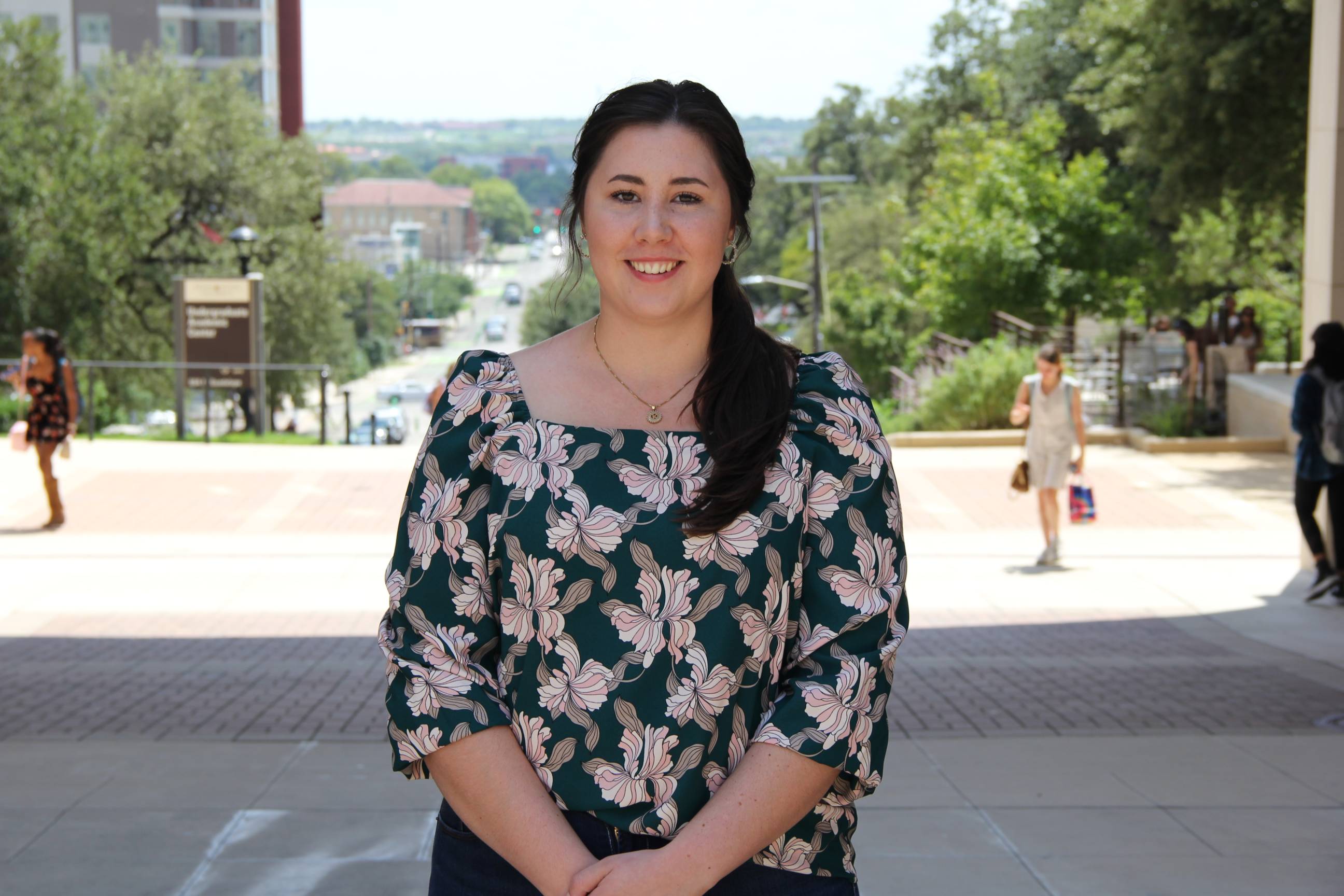
My research interests are within clinical, cognitive, and personality psychology. I’m primarily interested in anxiety, depression, and obsessive-compulsive disorders, and understanding the devastating social impact these disorders create for individuals specifically in the student population. I have currently been introduced into the field of metacognition and how an awareness of one’s thoughts and cognitions impacts mood disorders. I would like to continue my understanding of metacognitive therapy (MCT) and also the impact monitoring and control aspects of one’s own memory. Specifically, studying the multiple monitoring judgements and the ability to improve their accuracy, therefore aspects of our memory. Upon completion of the Master of Arts in Psychological Research program at Texas State, I plan to earn my Ph.D. and become a licensed psychologist. I hope to leave a positive impact on people affected by mental disorders and help eliminate the public stigma surrounding mental illness.
Mentor: Dr. William Kelemen
Melissa Harel
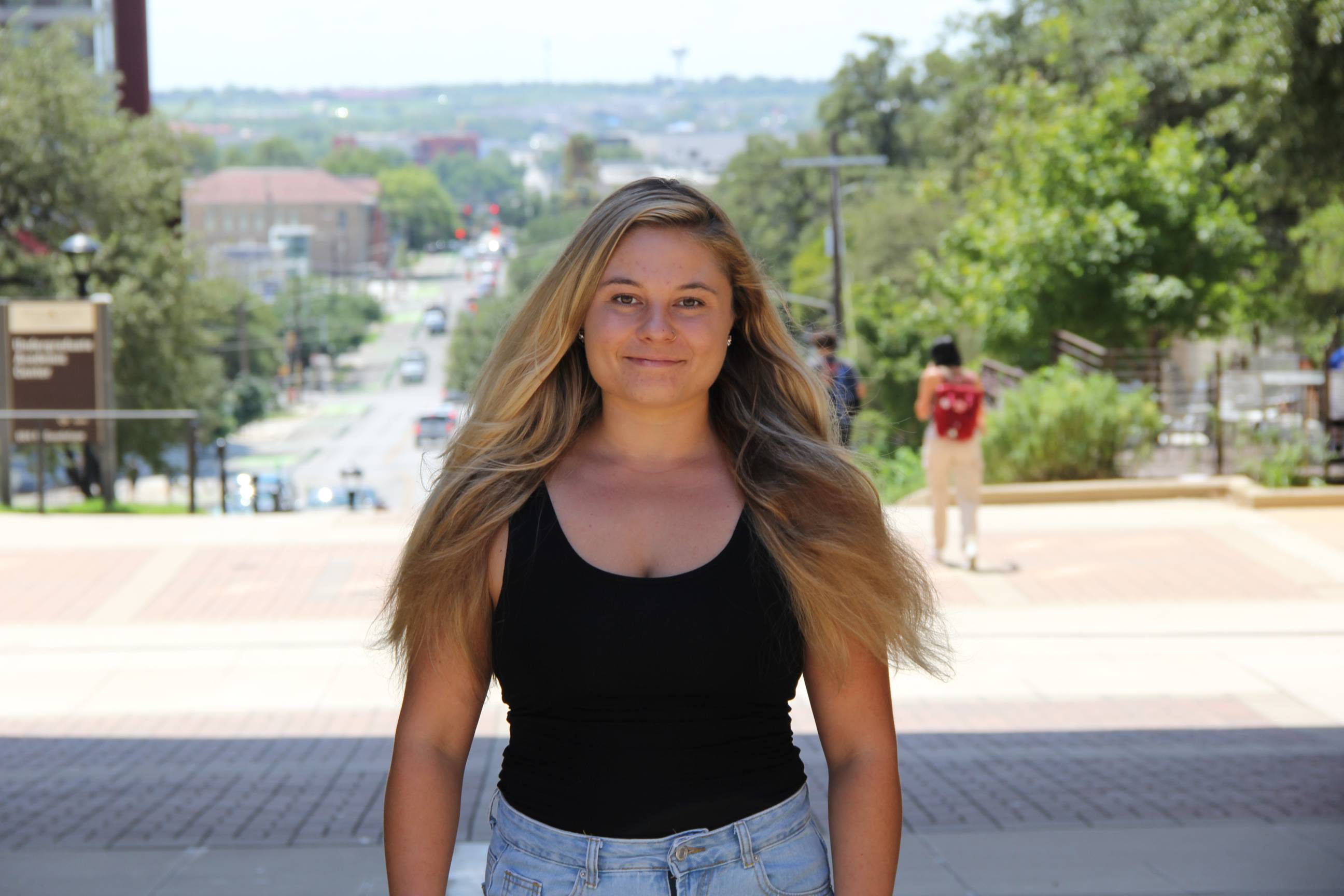
My research interests include clinical, cognitive, and exercise psychology. I am specifically focused on how movement affects brain activity and the mental health benefits of exercise. I am enthusiastic about exploring how movement can benefit the cognition of any person, despite fitness level. Also, the physiological way in which we measure psychological concepts is a specific methodology I am concerned with. My long term goal is to work in clinical psychology, in a variety of ways. In the current clinical system, I believe there should be more emphasis on adding physical activity to one's treatment, concurrent with other classically empirical methods. The brain and body are often treated separately and I see much room for a more holistic approach. Upon obtaining my PhD in clinical psychology, I would like to continue research in cognition and exercise psychology, as well as clinical work. I want to work with people struggling with mental health and disorders, and hopefully be able to incorporate my research into clinical practice. Additionally, I plan to pursue academia and become a professor, since I love teaching psychology as much as I do learning and applying it!
Mentor: Dr. Logan Trujillo
Taylor Himes
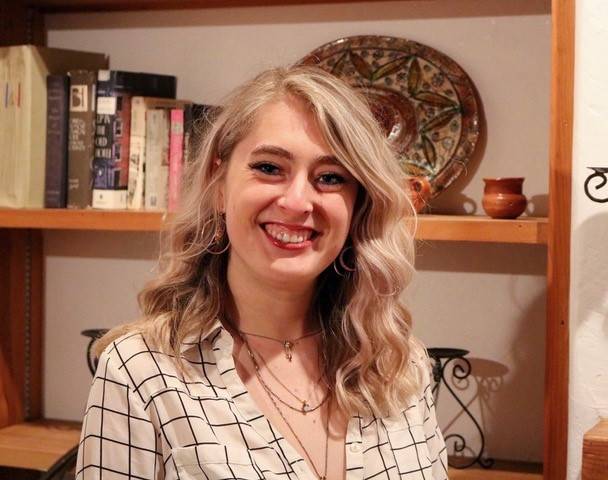
My research interests are in social psychology and human sexuality. I am interested in relationship/ sexual satisfaction and sexual minority populations like consensually non-monogamous (CNM) and LGBTQ+ communities. My secondary interests are dating behaviors (e.g., mate choice, attraction, and signaling sexual interest) and the influence of technology on romantic relationships. My prior research has focused on “compersion” in CNM relationships, and I hope to build on this research in my thesis. My overall goal is to develop a body of relevant research beneficial to sexual minority communities. Additionally, I am passionate about using Open Science and exploring ways to disseminate my research to the public, bridging the gap between science and society. In the future, I plan to pursue a Ph.D. in Social Psychology to pursue a career in psychological research.
Mentor: Dr. Rhonda Balzarini
Alexandria Medel
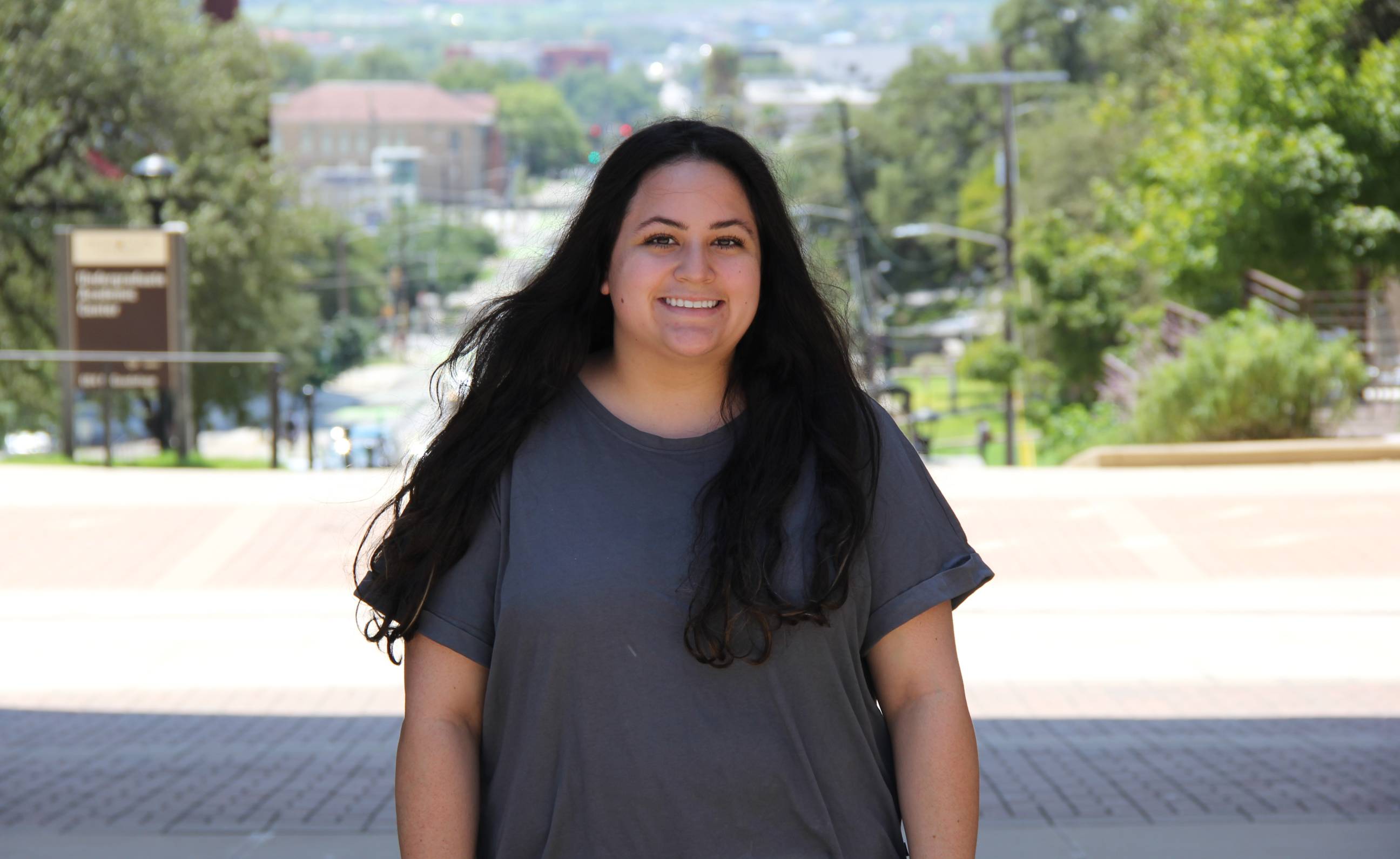
My research interests include cognitive psychology and industrial psychology. Specifically, with a focus on individuals who have intellectual and developmental disabilities and autism. I would like to contribute to help bring about more research on different ways of learning and how to find ways to communicate if someone is not able to. I am also interested in the worker-patient relationship and how both parties are affected in terms of longevity of working at a facility, living in one, and how it affects mental health. Finding ways to help prevent burnout in the work environment is another area I would like to go more into as it can affect not only facilities who help individuals with intellectual and developmental disabilities, but as well as the staff who are there every day helping make a difference. Upon the completion of being in the Psychological Research program at Texas State University, I plan to continue perusing my education in a doctoral program to be able to utilize these skills in research. As a researcher I would like to see where my journey takes me and how I will be able to contribute back to my community.
Mentor: Dr. Krista Howard
Dea Mitaj

My research interests are within clinical psychology, child development, and cross-cultural psychology. I am interested in how cultures affect child development, specifically how the interactions between immigrant parents and children can develop into long-term effects on the child. From my observations, there seems to be this intergenerational cultural dissonance between first-generation immigrants and their parents, which I would like to explore the impact of further. I’ve also observed a difference in cultural assimilation and acculturation between generations that are quite interesting to assess. Furthermore, I am interested in how the processes of migration and or being an immigrant can affect resilience, social-emotional development, and general mental health in young adults and children. Lastly, I’m also intrigued by self-harming behavior in young adults and the motivations behind this behavior. Mainly, how do peer connectives, social influence, and social contagion affect Non-suicidal self-harming behaviors or passive suicidal ideation? After completing my Master’s degree, I plan to obtain a Ph.D. in Clinical psychology or Developmental psychology and become a licensed psychologist working in private practice. In my career, I aspire to help the immigrant community directly through therapy and through the continuation of my research on the impact of immigration on child development.
Mentor: Dr. Jennifer Clegg
William Murley
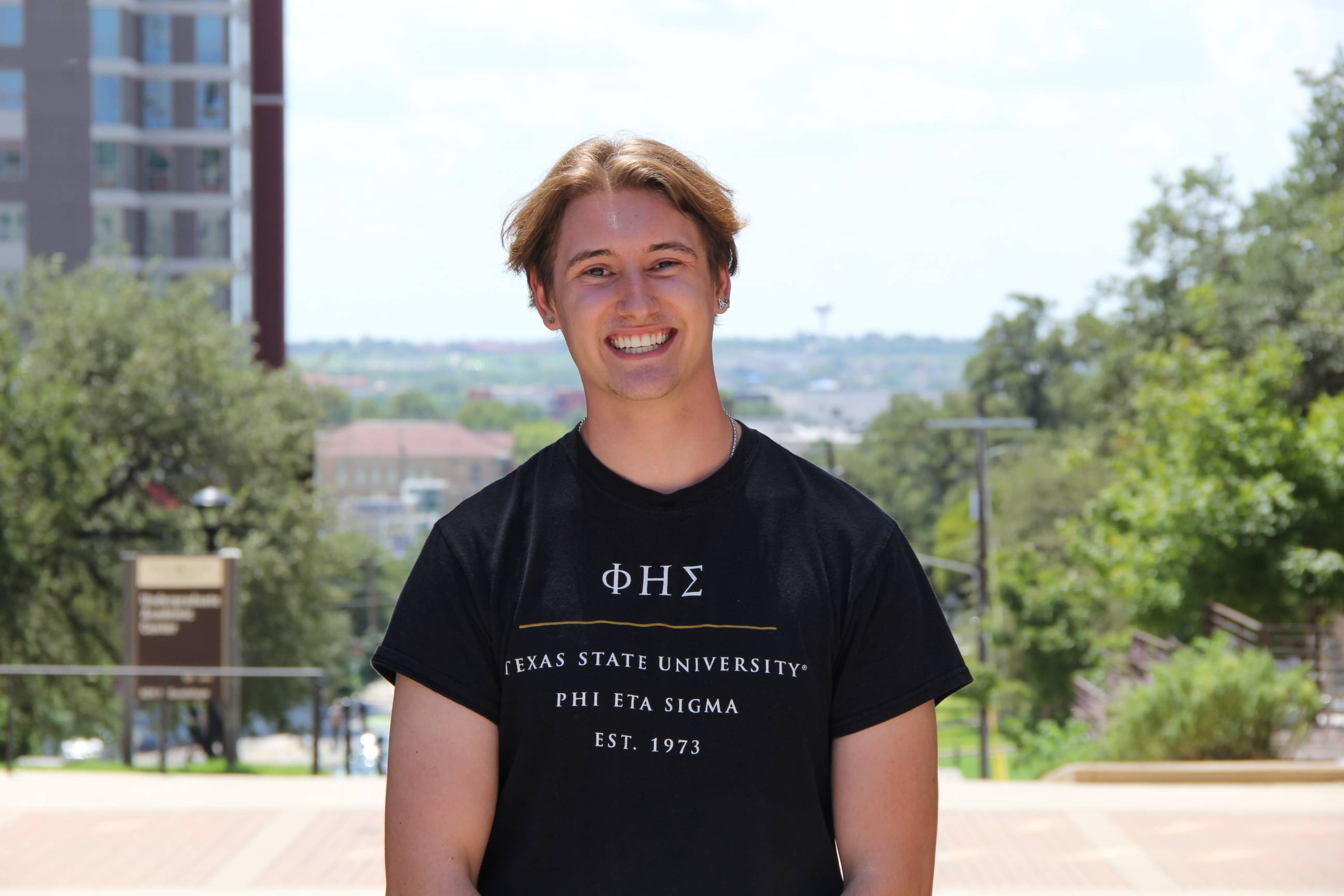
Broadly, my research interests are in Clinical and Health Psychology. I am particularly interested in exploring the mind-body problem of psychology. More specifically, I am interested in furthering my understanding of how personality and eating disorders affect college students’ mental and physical well-being. I will be working with Drs. Randall Osborne, Crystal Oberle, and Joseph Etherton on my thesis project. I aim to expand the field of psychology by conducting a study measuring the role that psychological concepts such as resilience, locus of control, and Big-Five play in the relationship between Perfectionism and Orthorexia Nervosa. My primary goals as a graduate student are to design innovative and exciting research, expand my scientific curiosity, and hone my skills as a developing psychologist. Upon completion of my MA in Psychological Research, I plan to pursue a Ph.D. in Psychology with a focus on either Clinical or Health Psychology where I will continue my research on eating disorders. After obtaining my doctorate, I aspire to teach and conduct research at an academic institution.
Mentor: Dr. Randall Osborne
Jewel Neal
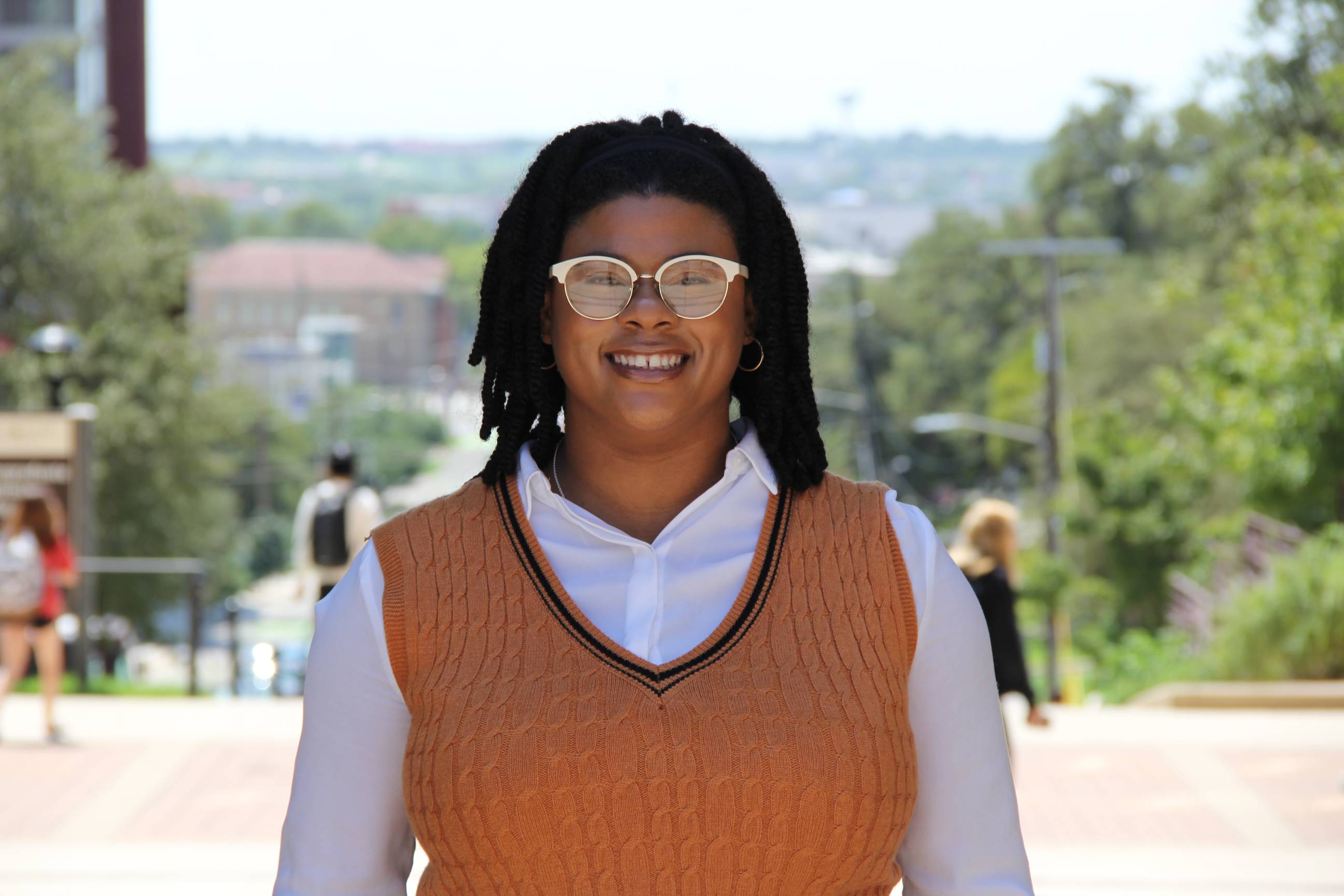
On a broader scale, my current research interests include forensic psychology, abnormal psychology, social psychology, and clinical psychology. To specify, my primary research interests are psychological and social factors that influence criminal behaviors within vulnerable populations (ie. IDD, ASD, etc). I would like to further research on how the social perceptions on vulnerable populations are influenced in our society. In addition, I would like to pursue comorbidity diagnoses, specifically those diagnosed with a neurotypical developmental disorders along with a psychiatric disorders (eg. Schizophrenia) and examine how these disorders play a role in mitigating factors when entering the Criminal Justice System. I would like to broaden current research in understanding the biases and social cognition at play during criminal trials and sentencing and jury determination. In the future, I plan to pursue a clinical psychology doctoral degree with an emphasis on forensic psychology. Furthermore, obtaining licensure would help me to examine and explore my research interests. My ultimate goal is to provide assistance for vulnerable populations when entering the CJS and to provide insight for those working within the CJS when handling such cases. I want to better the relations and perceptions of these vulnerable populations when they come into contact with first responders, court and legal professionals, and most importantly the jurors.
Mentor: Dr. Katherine Warnell
Logan Parker
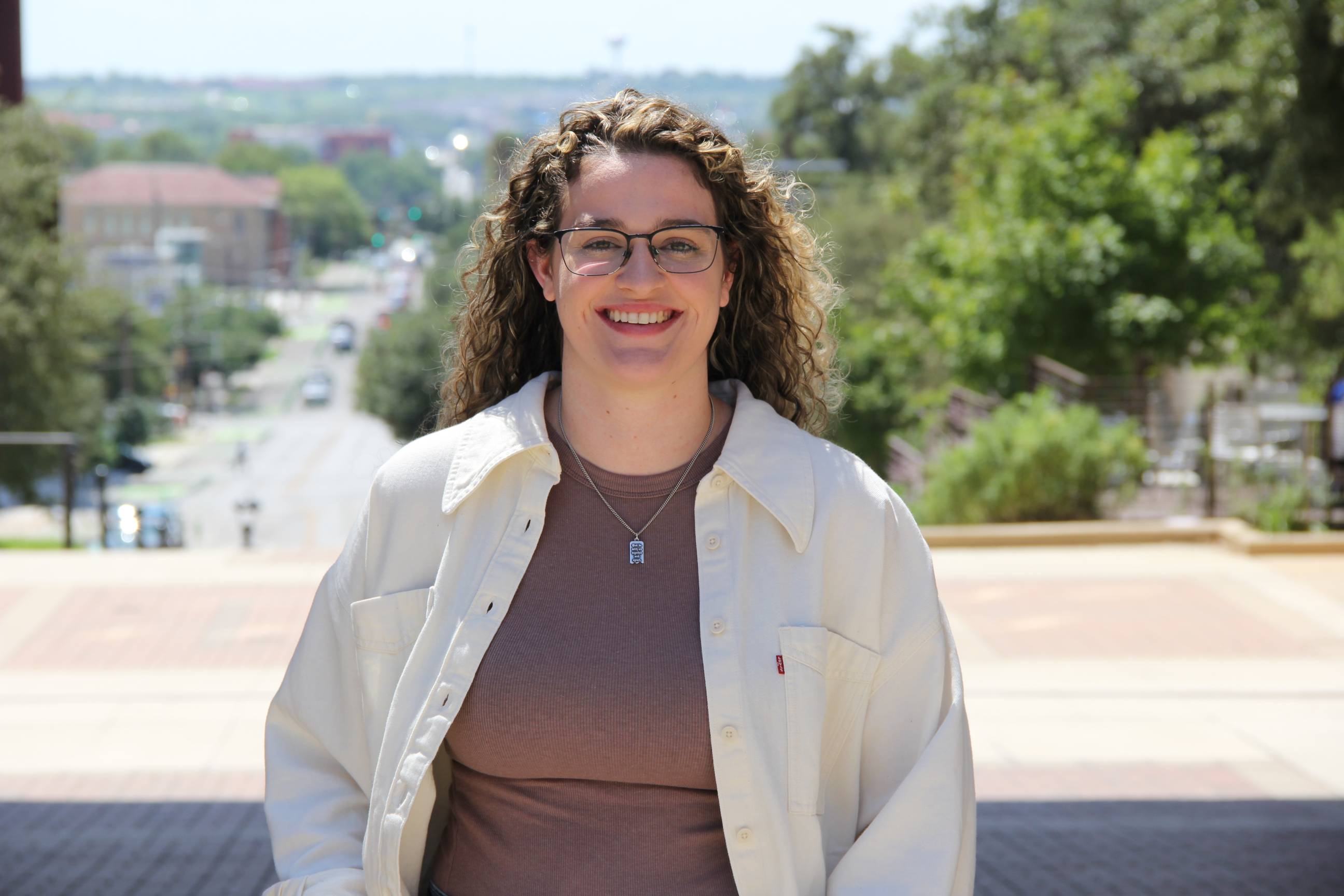
Broadly, my research interests are in cognitive psychology, social psychology, and neuroscience. My primarily interests are in memory, attention, mindfulness, and sensation and perception. As of now I am specifically interested in how attention and mindfulness effect other areas such as problem solving, emotional regulation, and senses within different age groups, as well in those with cognitive disabilities. Further, I am also fascinated with specific areas of attention such as mental effort and selective visual attention. Specifically, I am interested in how these help us perceive others and the world around us. In the future I would like to study neuroplasticity and its effects in those with learning disabilities and different types of therapy. Upon completing the psychological research program, I intend to pursue a Ph.D. in cognitive neuroscience. In my career, I aspire to enter the academia and become a professor. Similarly, I would like to continue being active within the research world of cognitive neuroscience and hopefully run my own research lab.
Mentor: Dr. Logan Trujillo
Mark Rector
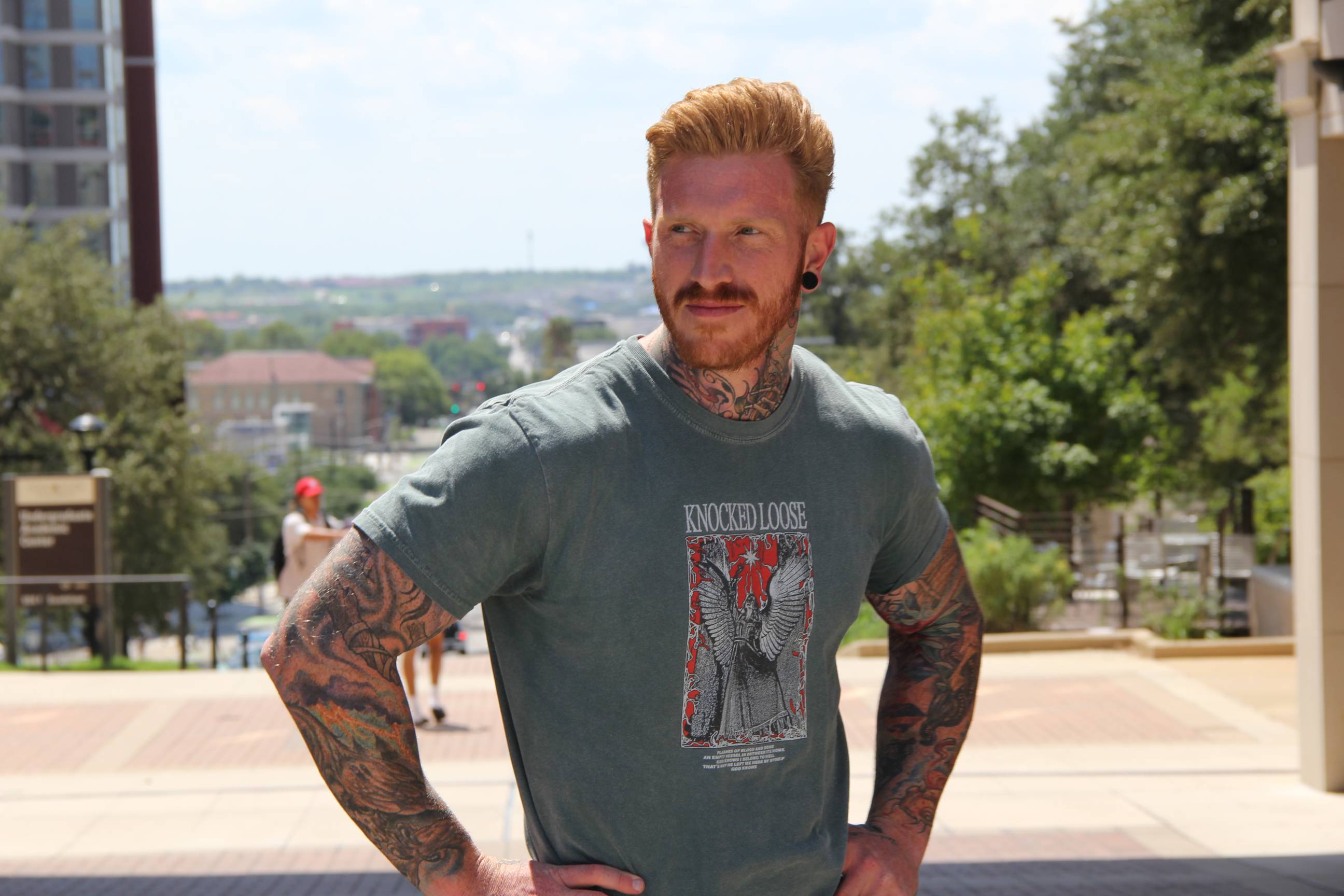
My research interests revolve mainly around substance use disorder and the various underlying psychopathology often seen within the people who have this disorder. This expands my research interests into PTSD, anxiety disorders, personality disorders, and depressive disorders. I also have a profound interest in evolutionary psychology and personality psychology. For my thesis, I will be looking at the decision-making process utilized by people with opioid use disorder, with a focus on populations who select fentanyl over heroin. I am interested in the factors that may contribute to this decision, both internal and external. In addition to this, why preventative measures are not utilized within this population to ensure that accidental overdose does not occur. If approved, I plan to use a questionnaire to survey a sample within a detox unit in Austin, TX. My overall goal as a researcher is to effect change on a clinical and legislative level for an underserved and stigmatized group that leaves most people baffled and frustrated. In the future, I plan to pursue a PhD in Clinical Psychology to further my understanding of anxiety, depression, PTSD, personality disorders, and substance use disorder.
Mentor: Dr. Ty Schepis
Emily Ritch
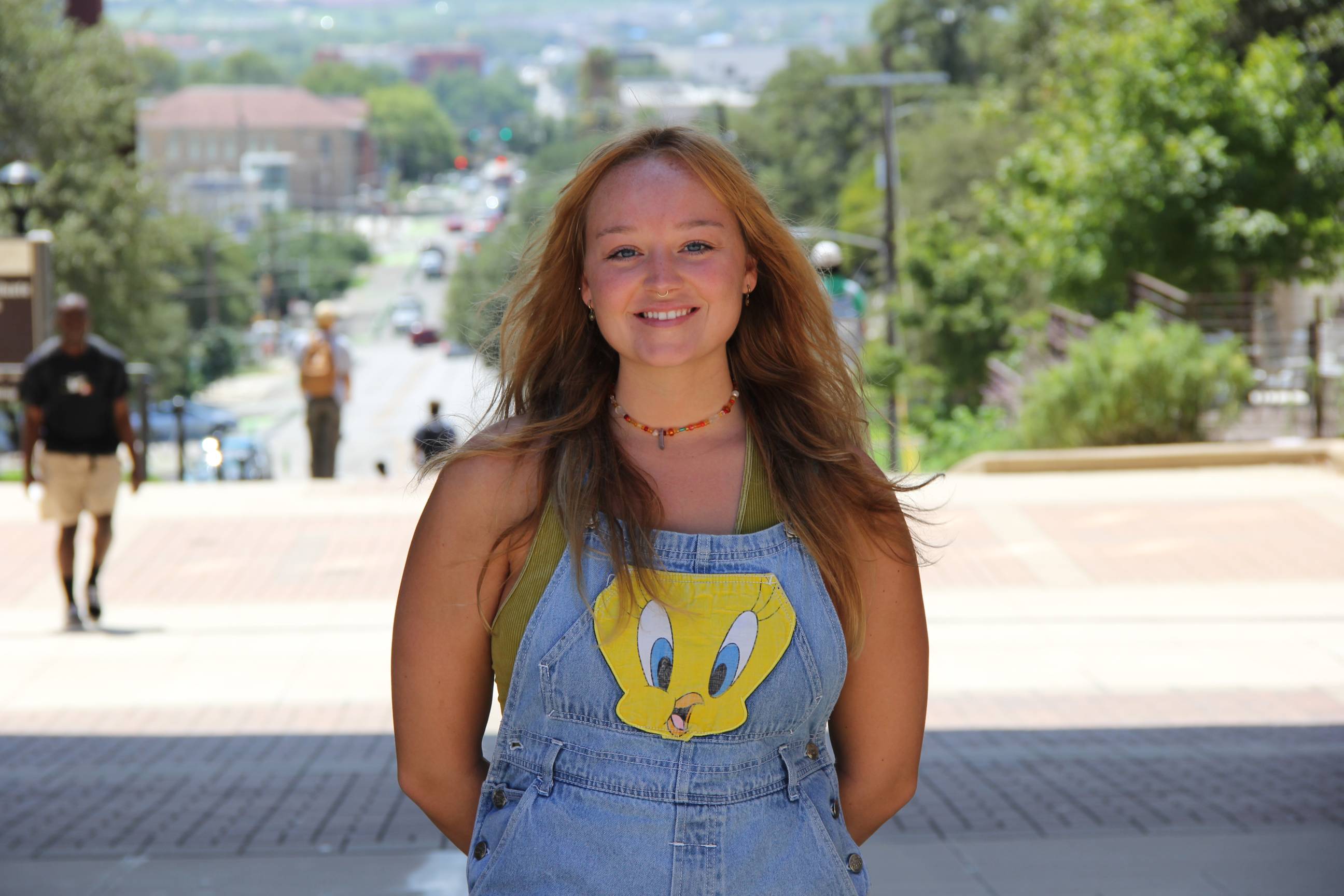
My primary field of research is cognitive and health psychology. More specifically, my research interest focuses on the relationship between restricted eating/body dissatisfaction and vaping nicotine in college students. I am interested to see if there is an association between individuals who have body dissatisfaction and use vaping to curb their appetite, control or lose weight, or restrict calories. In a college student population, individuals can be influenced to start the habit of vaping without fully understanding the negative consequences that come with it. I plan to study the effects vaping can have on college students by analyzing these behavioral patterns they create to attain a certain goal. In my research, I want to evaluate if college students who vape regularly have symptoms of body dissatisfaction prior to the habit, or if the symptoms started occurring after picking up the vape. Throughout the research, I anticipate finding other possible unhealthy habits connected to vaping nicotine. There is scarce literature on this topic therefore, I’m hoping to further this field of research. I hope to pursue my PhD in psychology after graduating with a Master of Arts in Psychological Research at Texas State, with a thesis concentration.
Mentor: Dr. Reiko Graham
Kendria Shields-Rhodes

After individual research/study, following and reading the literature of psychologists and neuroscientists like Dr. Caroline Leaf and Dr. Nicole LePera; I was inspired by the brain’s ability to regenerate and the influence that complex trauma, childhood attachment styles, and relationships could have on it. I attended many conferences and listened to podcasts on topics such as child psychology, adolescent-parent attachment, emotion regulation, trauma-informed treatment, and psychopathology. My choice to seek self-learning further through these multiple avenues inspired me to further my education in the realm of psychology. I hope to become a psychologist who is committed to serving communities with both the “in-field” experience and the research-based evidence to best serve them. My research interests include clinical, cultural, social, cognitive, and developmental psychology. I am specifically interested in researching how family (or caregiver) relationships influence beliefs, learning, risk, resilience, and outcomes in mental and physical health. After completing the MAPR program, I plan to pursue a PhD in Clinical Psychology with a focus on children and families. Additionally, I plan to serve various communities through teaching, research, therapy, and work with city/state council members in the future to promote policy change in the mental health field.
Mentor: Dr. Jennifer Clegg
Tyler Staton
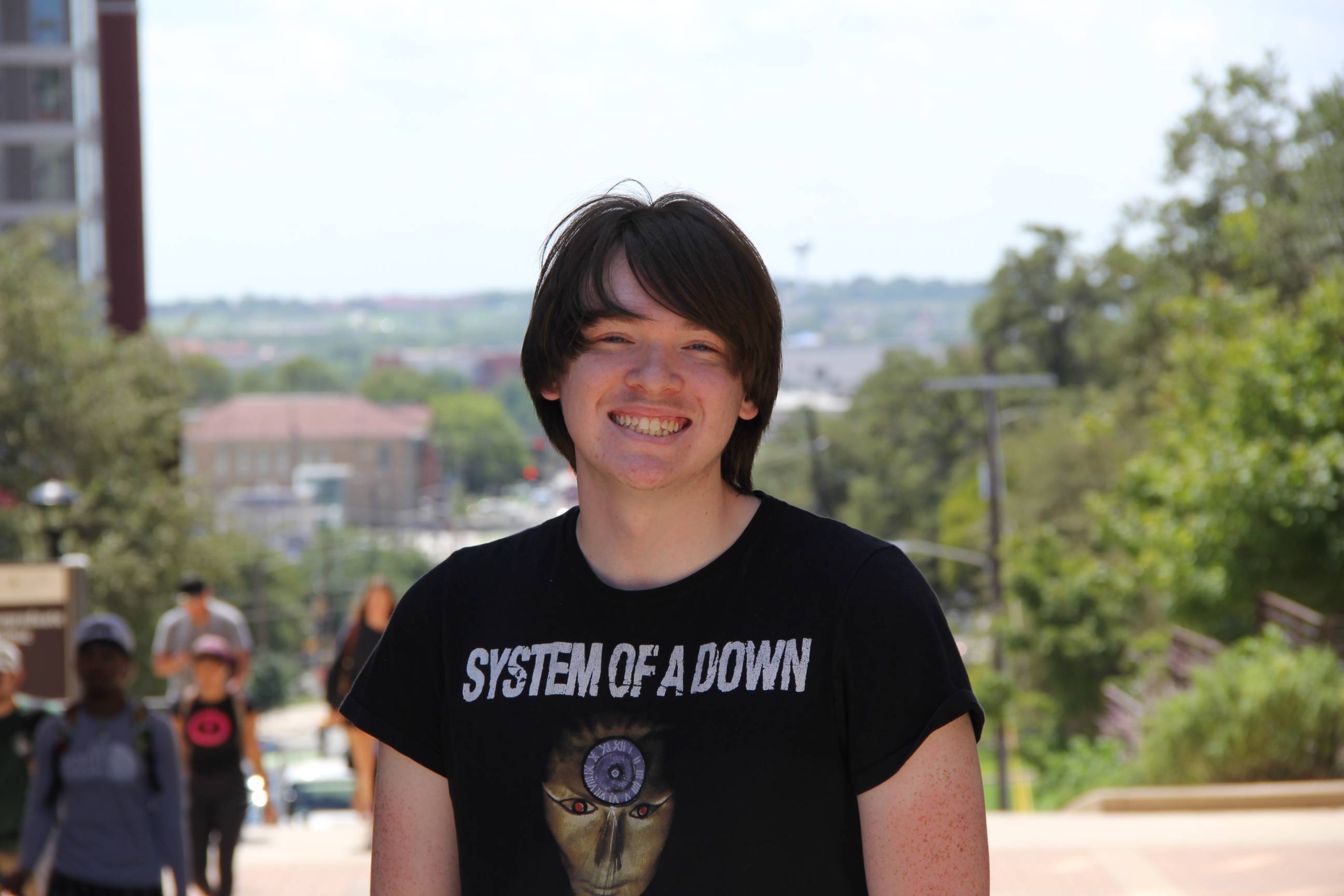
My broad research interests include social psychology, behavioral studies, and cognitive psychology. In terms of social psychology, I am interested in researching aspects of implicit bias and how we create judgements of people based on certain aspects. I feel that social psychology is a very important field in order to help better how we treat each other, and to be more aware of how our actions affect others. In terms of behavioral studies, I am interested in aspects of children and how their responses can be changed throughout certain situations. I feel that children are a great source of research in terms of finding out how some responses can innately occur in humans without any learned traits. In terms of cognitive psychology, I am interested in how brain functions can be affected by our feelings, and as a result cause actions that are subconsciously dictated, as opposed to how we actually feel.
Mentor: Dr. Randall Osborne
Lin Tran
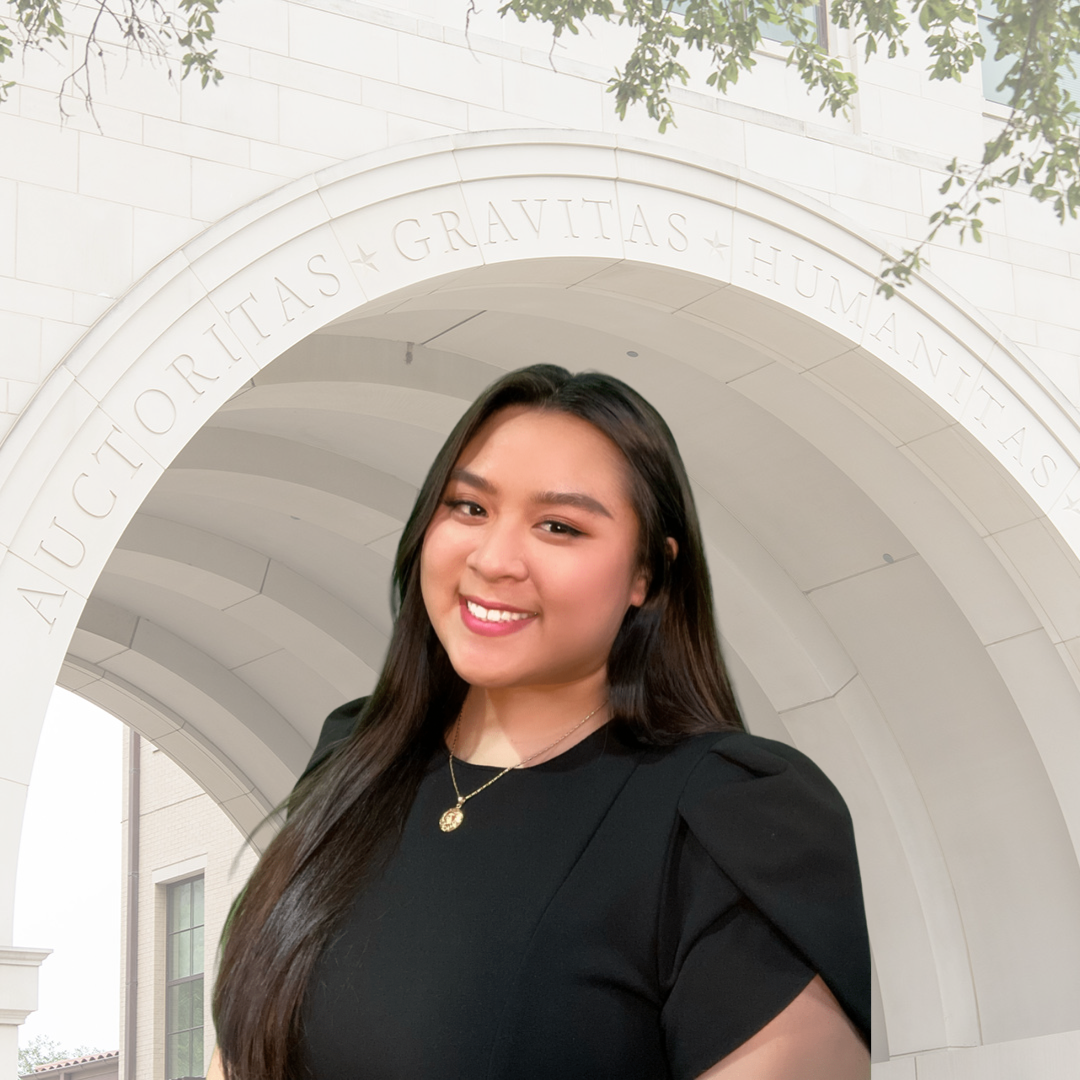
My research interests are within the field of social and cross-cultural psychology. Sociocultural factors (e.g., immigration generation, intergenerational conflict, acculturation, parent-child relationships, socioeconomic status) have been supported to significantly impact a child’s mental health and health behaviors. It is also supported that there is a negative stigma around the topic of mental health within many communities of racial and ethnic minority groups. Thus, I am focused on identifying sociocultural factors that affect mental health and health behaviors (e.g., alcohol use) of Asian American and Hispanic/Latino/a/x/e populations. As a Research Assistant at the SCCAERAB Lab, I am fortunate to have the opportunity to delve deeper into my research interests, particularly regarding alcohol use dynamics within these communities. Ultimately, my objective is to contribute to normalizing conversations around mental health and health behaviors, fostering greater awareness and understanding within racial and ethnic minority groups. Through my research endeavors, I aim to facilitate positive change by normalizing discussions of mental health and promote well-being within these diverse communities.
Mentor: Dr. Jessica Perrotte
